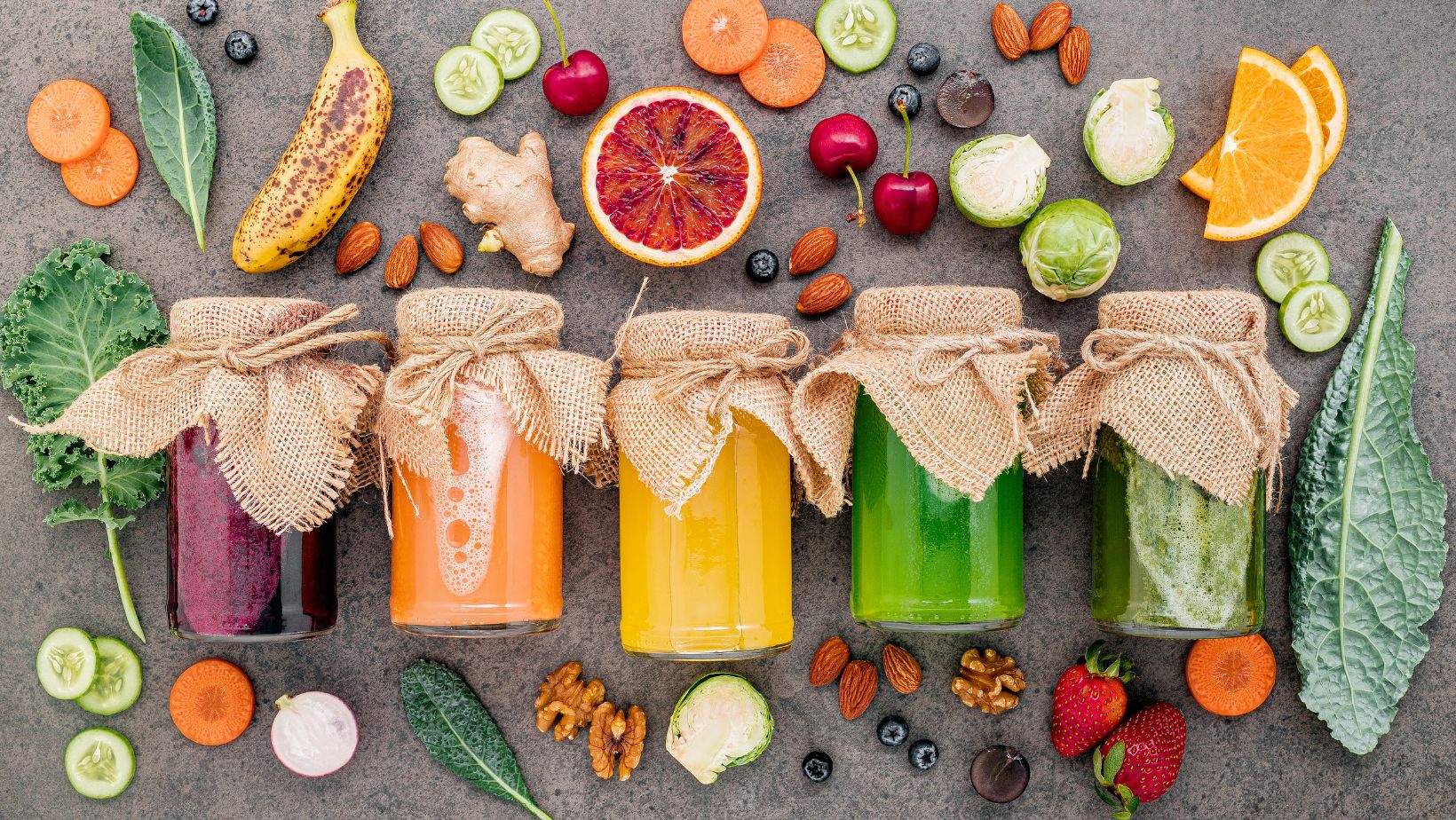Nourishing Your Body Back to Balance
Drug detoxification is the body’s way of clearing harmful substances and beginning the process of healing. During this time, your body is working overtime—repairing tissues, calming the nervous system, and restoring chemical balance. As part of this critical process, nutrition becomes your strongest ally.
Choosing the right foods during detox can help reduce withdrawal symptoms, improve mood, restore energy, and speed up the recovery process. While detox is never easy, eating nutrient-rich, whole foods can provide the foundation your body needs to begin its healing journey.
In this article, you’ll learn why nutrition matters during detox, the best foods to include, and how to support your recovery with mindful eating.
Why Nutrition Is Essential During Detox
Addiction often depletes the body of vital nutrients. Long-term drug or alcohol use can lead to:
- Vitamin and mineral deficiencies
- Digestive issues and poor nutrient absorption
- Inflammation and weakened immunity
- Imbalanced blood sugar, leading to mood swings and fatigue
According to the Substance Abuse and Mental Health Services Administration (SAMHSA), poor nutrition during addiction is common and can impact brain function, emotional regulation, and the body’s ability to detoxify itself (SAMHSA, 2016).
Feeding your body nutrient-dense foods during detox helps rebuild what was lost and prepares you for lasting recovery.
What to Focus On During Detox
When choosing foods for detox, focus on:
- Whole, unprocessed ingredients
- Hydrating, fiber-rich produce
- Protein to support tissue repair
- Healthy fats for brain function
- Nutrients that support the liver and digestive system
Let’s explore these food groups in more detail.
1. Leafy Greens and Cruciferous Vegetables
Leafy greens like spinach, kale, arugula, and collard greens are rich in chlorophyll, which helps neutralize toxins and support liver function.
Cruciferous veggies like broccoli, cauliflower, and Brussels sprouts contain compounds that enhance detoxification enzymes in the liver.
A study in Nutrition and Cancer found that cruciferous vegetables can increase liver detox enzyme levels and reduce oxidative stress (Higdon et al., 2007).
Best picks:
- Raw or lightly steamed kale
- Broccoli stir-fry with garlic
- Spinach smoothies or salads
2. High-Fiber Fruits and Vegetables
Fiber helps move toxins through the digestive system. It also stabilizes blood sugar and supports gut health, which often suffers during addiction.
High-fiber options include:
- Apples (with skin)
- Carrots
- Beets
- Sweet potatoes
- Pears
- Berries
Why it helps: These foods bind to waste products and remove them through the bowels, preventing reabsorption and helping clear the system.
3. Healthy Fats for Brain and Mood
Fats are crucial for brain repair, hormone regulation, and emotional stability—all essential in recovery.
Include:
- Avocados
- Olive oil
- Coconut oil
- Chia seeds
- Ground flaxseeds
- Walnuts and almonds
The American Journal of Clinical Nutrition highlights the role of omega-3 fatty acids in reducing depression and supporting brain function, both critical during early recovery (Grosso et al., 2014).
4. Lean Proteins for Repair
Protein is essential for rebuilding muscle, restoring neurotransmitters like dopamine and serotonin, and maintaining energy levels.
Choose:
- Lentils and beans
- Eggs
- Organic chicken or turkey
- Fish (especially wild salmon)
- Tofu and tempeh
- Greek yogurt (unsweetened)
Aim to include a source of protein at every meal, especially in the early weeks of detox when blood sugar tends to fluctuate.
5. Detox-Supporting Herbs and Spices
Certain herbs and spices have natural detoxifying properties. They can reduce inflammation, support liver function, and ease digestive distress.
Include:
- Ginger: Soothes nausea and supports digestion
- Turmeric: Reduces inflammation and supports the liver
- Cilantro: May help remove heavy metals
- Garlic: Boosts immunity and aids liver enzymes
Use these to season your meals or brew detox teas.
6. Whole Grains for Sustained Energy
Processed carbs can spike blood sugar and leave you feeling drained. Whole grains, on the other hand, offer fiber, B vitamins, and steady energy.
Try:
- Brown rice
- Quinoa
- Steel-cut oats
- Buckwheat
- Barley
A 2019 review in Nutrients showed that whole grain consumption supports better metabolic health and reduces inflammation—both key factors in detox and recovery (Slavin, 2019).
7. Hydrating Foods and Fluids
Dehydration is common during detox, especially with symptoms like sweating, vomiting, or diarrhea.
Stay hydrated with:
- Water
- Herbal teas (peppermint, dandelion, chamomile)
- Coconut water
- Water-rich foods like cucumber, watermelon, and celery
Aim for 8–12 cups of fluids per day and more if you’re experiencing withdrawal symptoms.
Foods to Avoid During Detox
To support your body’s healing process, try to limit or eliminate:
- Processed foods and refined sugars
- Caffeinated drinks that overstimulate the system
- Trans fats and fried foods
- Artificial sweeteners and additives
- Alcohol or non-recovery-safe stimulants
These foods can stress your liver, disrupt digestion, and increase emotional instability during withdrawal.
Sample Recovery-Friendly Meal Plan (One Day)
Breakfast:
- Green smoothie with spinach, banana, chia seeds, and almond milk
- Handful of walnuts
Lunch:
- Quinoa bowl with roasted sweet potatoes, black beans, avocado, and lime
- Side of steamed broccoli
Snack:
- Apple slices with almond butter
- Herbal tea
 Dinner:
Dinner:
- Grilled salmon with brown rice and sautéed kale
- Ginger-lemon water
Final Thoughts
Food is medicine—especially during drug detox. The right nutrients help your body rebuild from the inside out. While no single food can cure addiction, a balanced, intentional diet can ease withdrawal symptoms, support mental clarity, and give your recovery the foundation it needs to thrive.
Be gentle with yourself as you heal. Choose whole, healing foods that speak to your body’s needs and reflect the care you deserve. With each nourishing bite, you’re taking a powerful step toward health, strength, and freedom.
